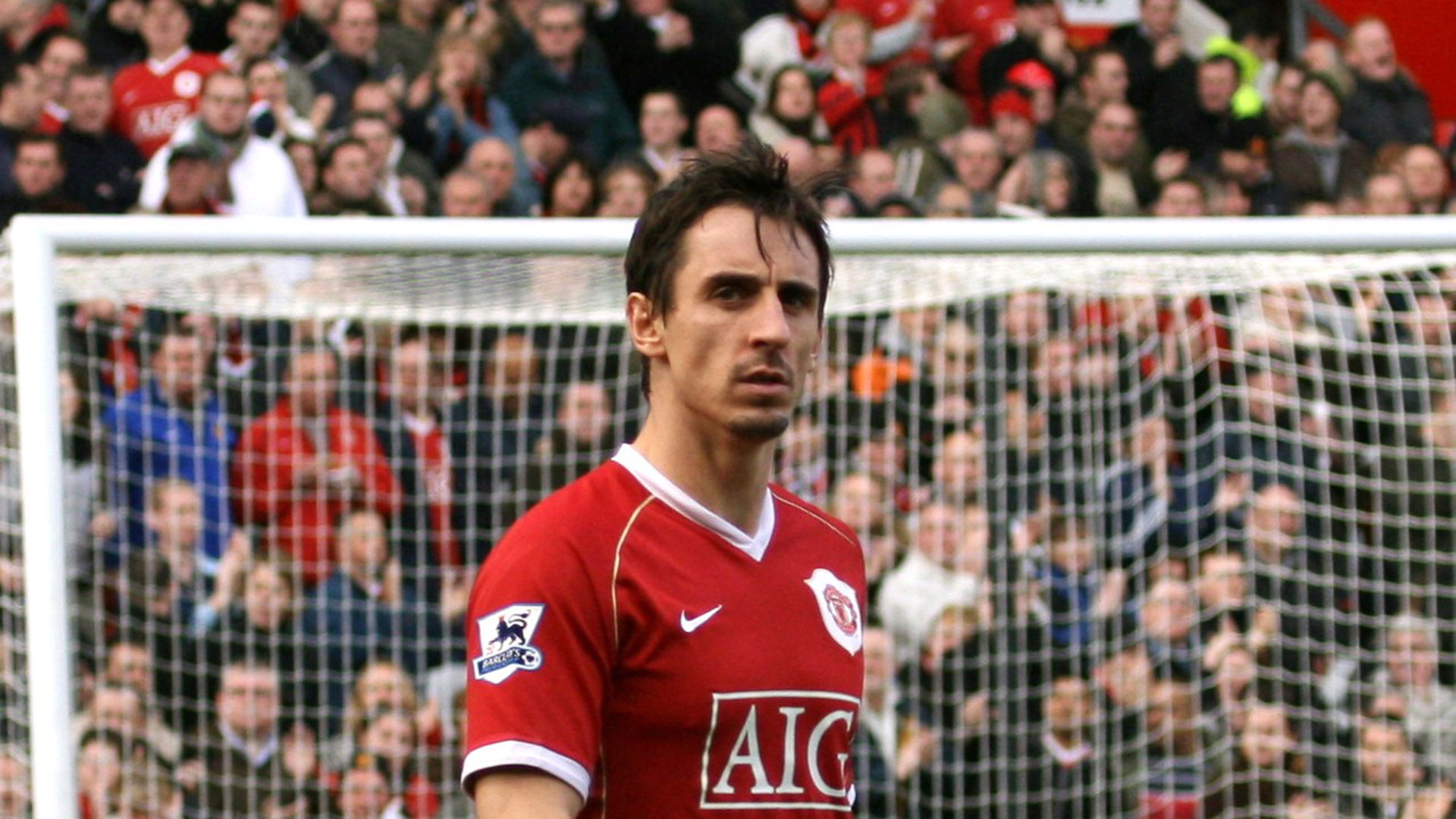Gary Neville changed the game. Last October squatters took over a building he and his old Manchester United pal Ryan Giggs own in central Manchester. The building was due for renovation, though not immediately. Those seeking shelter were homeless. They had nowhere else to go. Things were expected to follow a familiar pattern. The owners would make nice noises, apologise but in short order the undesirable residents would be shipped out and new security guards brought in.
However, Neville did a strange thing. He paused, said okay, you can stay through the worst of the winter. It’s a nice-looking place – don’t damage it, don’t rip out fixtures and fittings and it’ll be a refuge for you. In spring, there’ll be renovations but until then it’s yours.
And then he brought in security. Except this was to look after those inside, rather than keep them out. He started bringing in food too. It’s been reported that he spent more than £150,000 of his own money.
Despite this, Neville’s gesture wasn’t wholly welcomed. One school of thought had it that he was papering over the cracks, a wealthy man indulging in gesture politics. The problems associated with homelessness are so complex that opening the door to a select few for a short space of time is like barking at the stars and expecting the cosmos to care.
Certainly, there is evidence of a rise of rough sleeping in Britain. The charity Crisis believe 7,581 people slept rough in London in 2014/15, a rise of 16 per cent in a year. They think this rise is reflected in towns and cities across the nation. Even if you find space for them all, there will still be huge societal issues to grapple with that lead to the street.
Crisis believe 7,581 people slept rough in London in 2014/15, a rise of 16 per cent in a year
This is true but misses a lot. What Neville did was a very good thing. For a start, it helped those immediately in need. It offered respite. Secondly, he kickstarted a debate in the wider public about the amount of empty buildings in Britain and how they were being hugely underused. This inspired our own Fill ’Em Up campaign. Most importantly, he made the issue of homelessness a major national talking point. People who might not have considered it in their day-to-day suddenly did.









